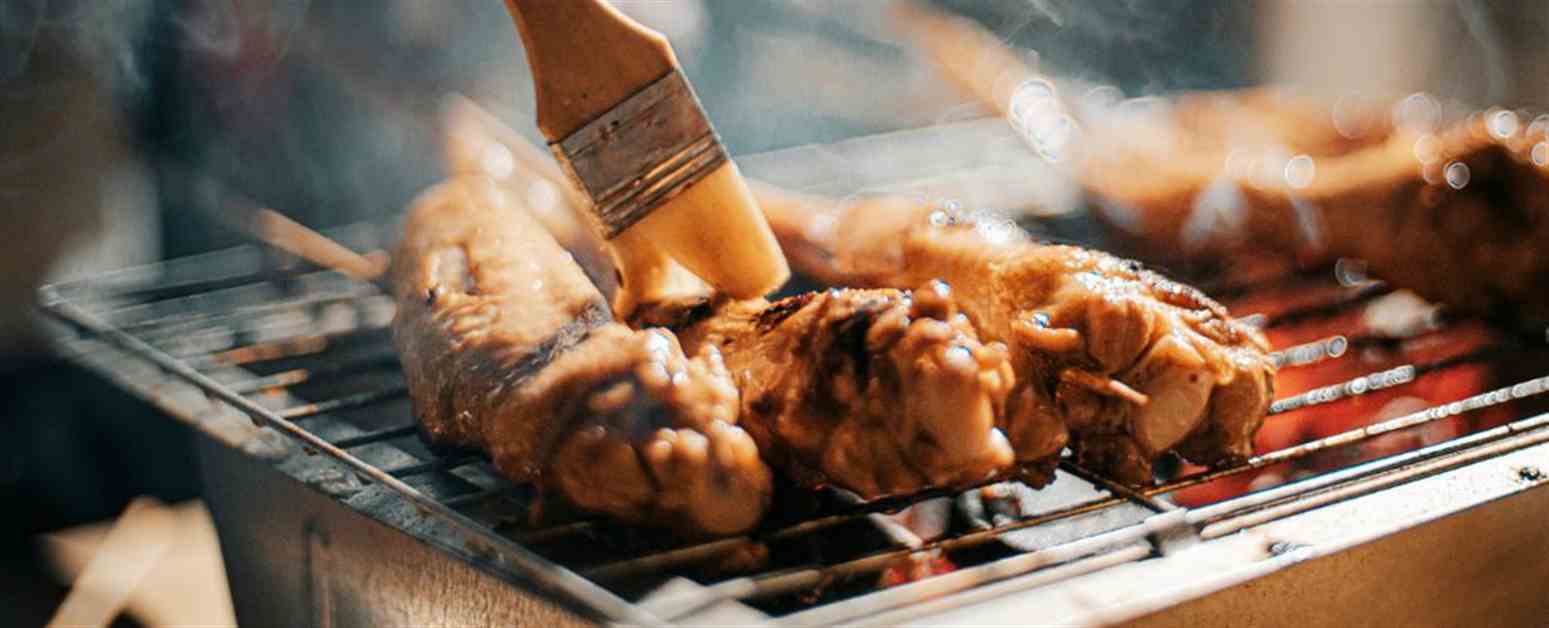Family Contracts Rare Parasite After Dining on Wild Bear Kebabs
In a shocking turn of events, a family reunion in South Dakota took a dangerous and unexpected turn when a family of nine fell ill after dining on wild bear kebabs. The incident has sparked concerns about the risks of consuming wild game meat and the dangers of parasite infections.
How did the family contract the parasite?
The family had hunted and harvested a black bear in Canada, keeping the meat frozen until it was thawed, cooked, and served at the family reunion in South Dakota. Unfortunately, the meat was contaminated with Trichinella nativa, a parasite commonly found in wild animals such as bears, boars, and foxes. The parasite survived freezing temperatures and infected six family members, leading to severe illness and hospitalization for some.
What are the risks of consuming wild game meat?
Consuming wild game meat comes with inherent risks of parasite infections, as not all parasites are killed in a freezer or on the barbecue. In this case, the family members who only consumed vegetables at the reunion still fell ill, indicating possible cross-contamination during the cooking process. Adequate cooking is the only reliable way to kill Trichinella parasites, with experts recommending a minimum internal temperature of 74°C (165°F) to ensure safety.
What precautions should be taken when consuming wild game meat?
To prevent parasite infections from consuming wild game meat, it is crucial to ensure thorough cooking of the meat to kill any potential parasites. Additionally, avoiding cross-contamination by handling raw meat separately from other foods and following proper food safety guidelines can help reduce the risk of infections. Awareness and education about the risks associated with consuming wild game meat are essential to prevent future outbreaks and health concerns.





















